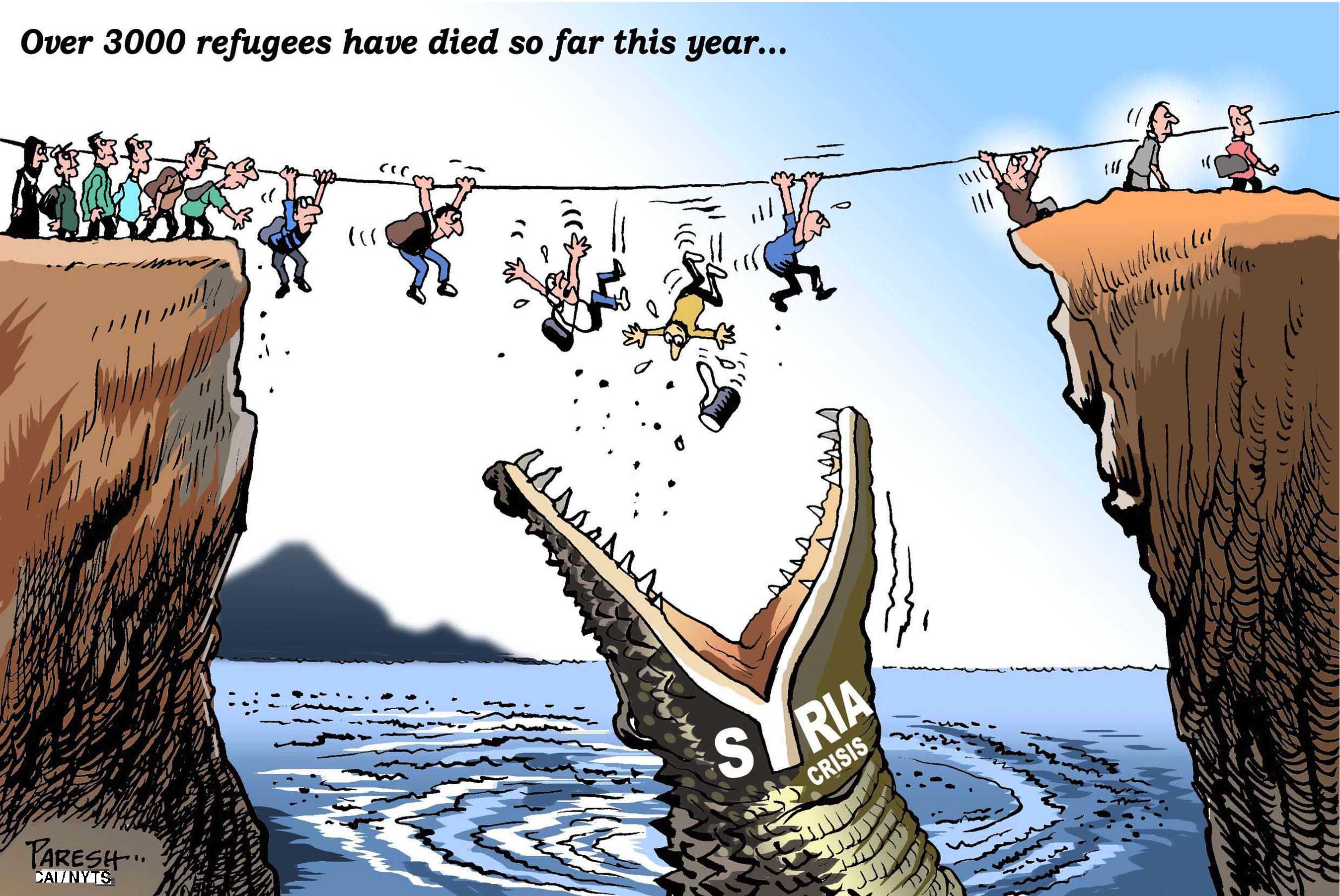Since 2012, more than 12 million migrants and refugees have landed in Europe, the Middle East and North Africa. The result has been an escalating political and humanitarian crisis — and increasingly heated debate about how to address it.
In Europe, the debate is characterized by dissent and division, exemplified by the United Kingdom's recent vote to leave the European Union — an outcome that was shaped largely by overblown fears about immigration. With EU member states failing to agree on how to secure external borders, much less what to do with the refugees who have already arrived, an effective, unified response has proved elusive.
In the Middle East, the refugee debate is not nearly as loud, but it is no less passionate. Jordan, a country of 6.5 million, now hosts more than 1.4 million, mostly Syrian, refugees. Lebanon's 1.5 million Syrian refugees represent nearly one-third of the country's population of 4.7 million. Turkey, with some 75 million citizens, now hosts 2.7 million Syrian refugees, about 30 percent of whom live in 22 government-run camps near the Syrian border.


















With your current subscription plan you can comment on stories. However, before writing your first comment, please create a display name in the Profile section of your subscriber account page.